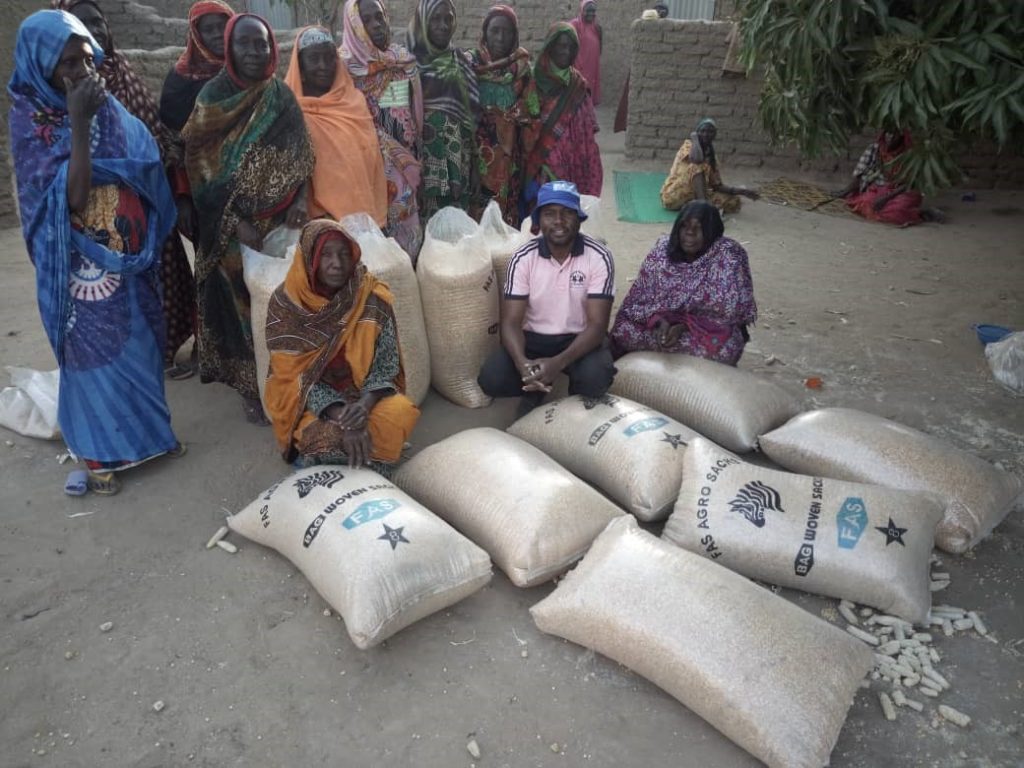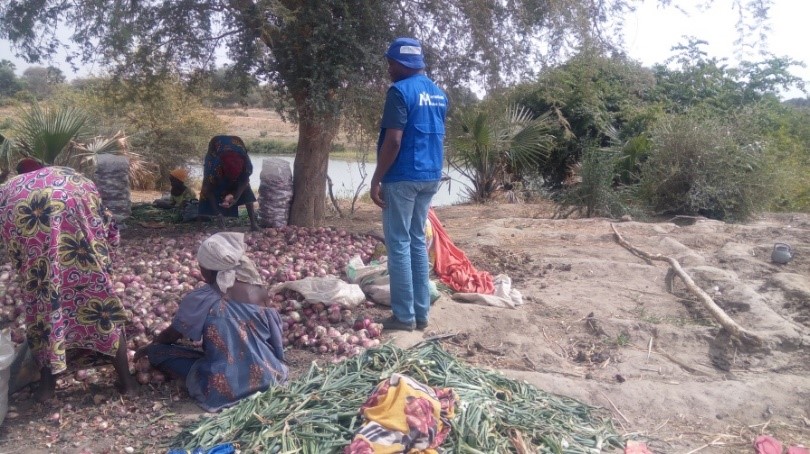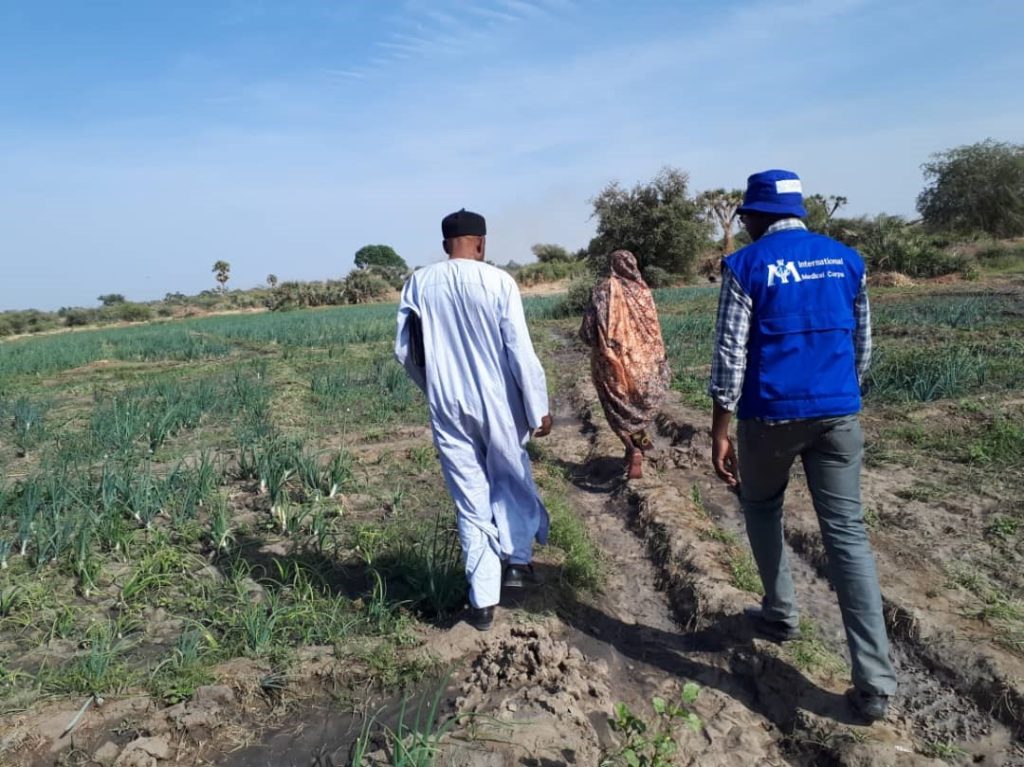When money and resources are withheld from women, they lose so much more than vital means of survival—they lose their sense of adequacy and autonomy. But in Blangoua, a town in Cameroon’s Far North Region, a program funded by the European Civil Protection and Humanitarian Aid Operations (ECHO) is helping a community of women regain what they have lost.
In Cameroon, humanitarian needs are climbing: a recent upsurge in violence has left one in six people in acute need of assistance. Home to 350,000 refugees from neighboring Nigeria and the Central African Republic (CAR) in addition to nearly 200,000 internally displaced persons (IDPs), Cameroon is one of the fastest-growing, yet often overlooked, displacement crises in Africa.

For Cameroonian women—who already face a multitude of struggles—the crisis makes the quest for equality even harder. A breakdown of social structures and support networks mean that levels of gender-based violence (GBV) also increase— meaning that the most vulnerable women often suffer the consequences of conflict and displacement most. Complicating matters further is a lack of understanding regarding GBV and its root causes, such as economic inequality.
The town of Blangoua is home to six tribes. All are unique but share one common feature: men make and control the money. The responsibility to generate an income—and the control and power that accompany it—remains off-limits for women. And deprivation of income means deprivation of autonomy, of opportunity, of freedom and of a sense of adequacy within one’s community. While this form of GBV doesn’t conjure images of the horrific results of physical violence, it is still an act that subjugates women and must be challenged—even if the effects are not immediately visible.
In Blangoua, International Medical Corps is challenging this injustice by providing women with the building blocks of economic empowerment: vital skills and the means to start small businesses. As part of our GBV program, we began by providing women with the tools, commodities and knowledge needed to start earning a regular income—and begin the path towards claiming back their autonomy.

We started by providing flour, sugar, oil, matches, rice and soap as tradable items at Blangoua Market. We also provided agricultural education and equipment, including fertilizers and seeds, to help women in the program to get started. And start they did: production and sale of corn thrived, leading to an expansion from 2.5 acres in 2017 to 5 acres in 2018, an area they plan to increase to 8 acres this year.
Stories such as this one are not unique. Several ECHO-funded projects in Cameroon also have helped to combat GBV by providing livelihoods training and empowerment.
However, success cannot be assured if it is just an isolated event. For these women to be recognized as the autonomous, economically resilient individuals they are, those around them must accept their right to strive and succeed. This is why International Medical Corps also prioritizes community discussions where we have educated more than 8,000 people about GBV and the underlying assumptions that accompany it. Together, these efforts are helping the women living in Blangoua to reclaim their autonomy and feelings of adequacy—one harvest at a time.
